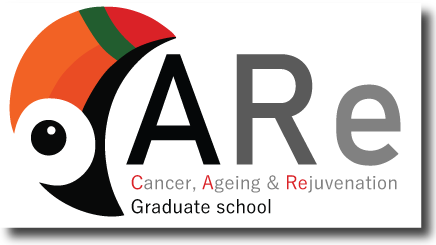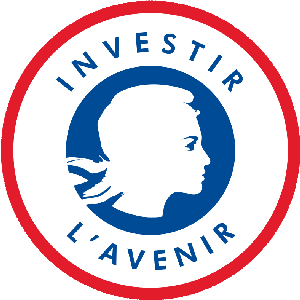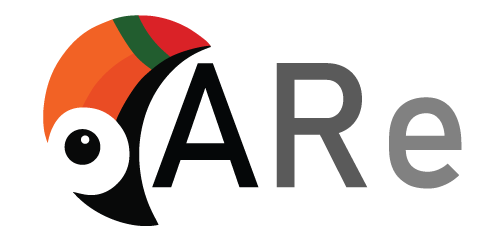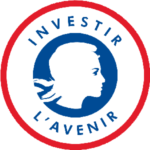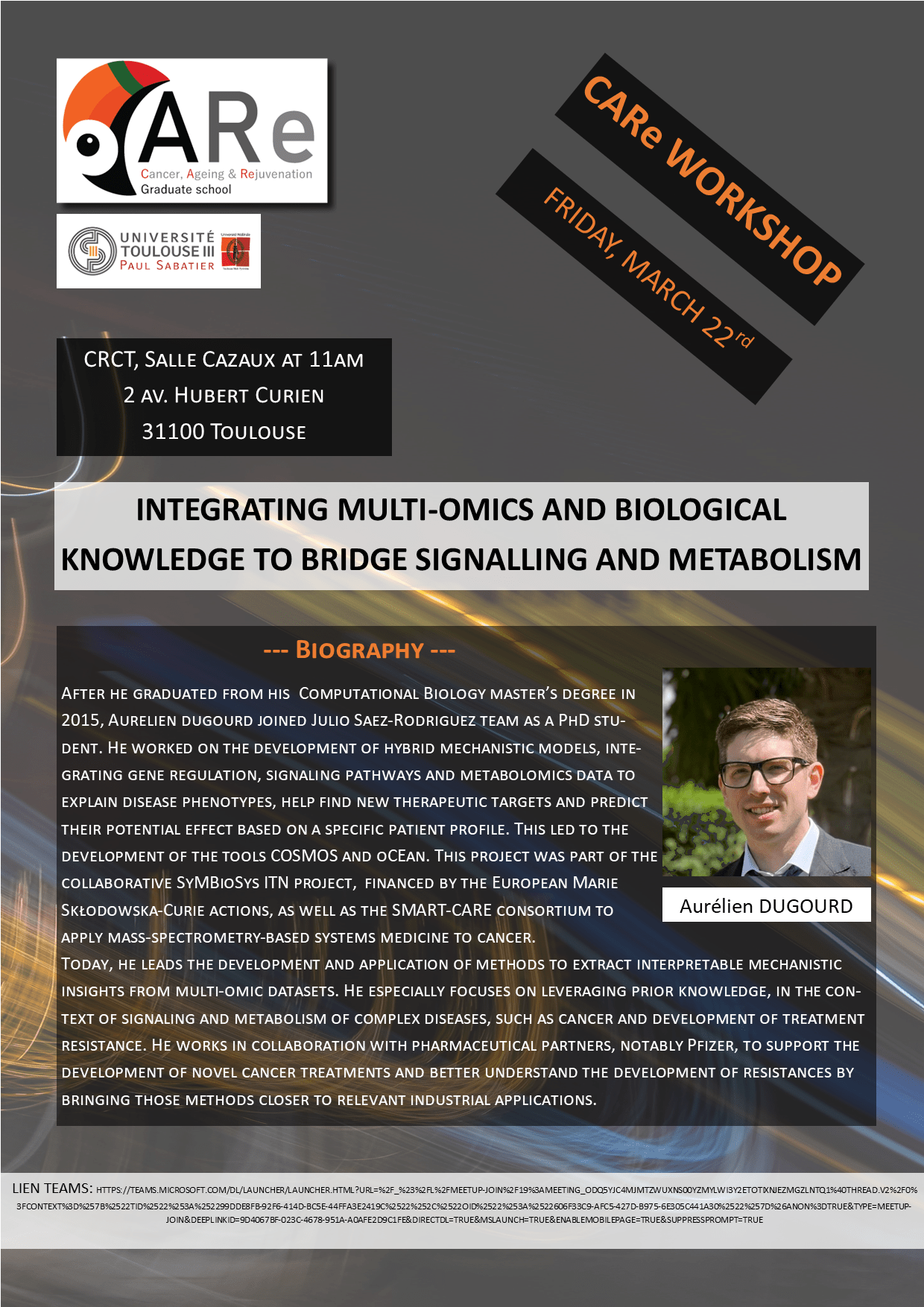The Ph.D. student will be enrolled in the CARe program.
Deadline for application: April 20th 2024
Starting date: September/October 2024
Working Place
The IPBS (Institute of Pharmacology and Structure Biology) is a joint research unit of the National Center for Scientific Research (CNRS), and the University of Toulouse. IPBS is located in Toulouse, a vibrant city in the south of France. The IPBS provides an ambiance that fosters equality, diversity, and inclusivity, and hosts about 250 scientific and administrative staff, including Ph.D. students and post-doctoral fellows of multiple nationalities. IPBS comprises 18 research teams, and the work carried out at the institute is dedicated to the discovery of new therapeutic targets in the fields of cancer, infectious diseases, and inflammatory diseases: https://www.ipbs.fr/. The selected Ph.D. candidate will submit his/her application to the CARe Ph.D. 2024 open call with the research team “Epigenetic Mechanisms in Cancer,” led by Priyanka Sharma at the IPBS, Toulouse. The candidate will be getting the promising opportunity to work on a multidisciplinary project on cancer and transcription biology in cancer using the advantage of genomics and biophysics techniques.
Technical methods
- Single-cell RNA transcriptomics.
- Live cell imaging and machine learning tools for analysis.
- Biophysical characterization of transcriptional condensates.
- Chromatin immunoprecipitation assays.
Expected Profile
Highly motivated and dynamic Ph.D. candidate with great communication skills and a strong interest in unraveling epigenetic mechanisms using multidisciplinary approaches.
Interested candidates, please contact at priyanka.sharma@ipbs.fr for further information.
